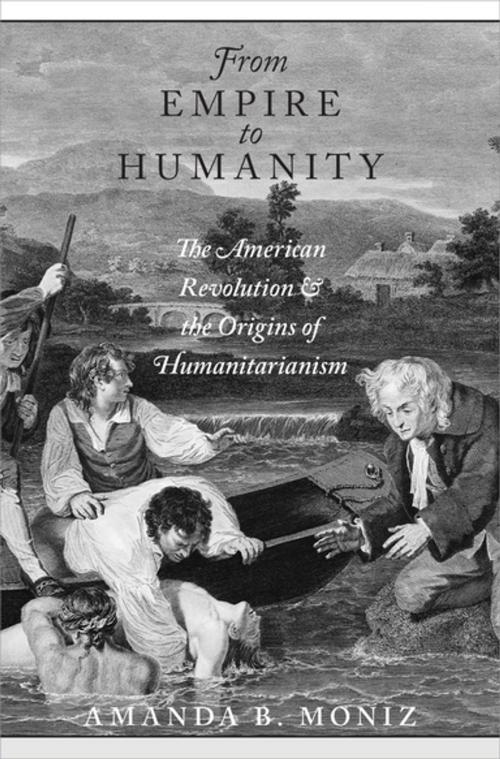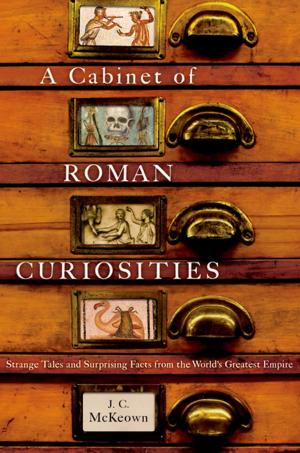From Empire to Humanity
The American Revolution and the Origins of Humanitarianism
Nonfiction, History, Americas, United States, Revolutionary Period (1775-1800)| Author: | Amanda B. Moniz | ISBN: | 9780190240370 |
| Publisher: | Oxford University Press | Publication: | June 1, 2016 |
| Imprint: | Oxford University Press | Language: | English |
| Author: | Amanda B. Moniz |
| ISBN: | 9780190240370 |
| Publisher: | Oxford University Press |
| Publication: | June 1, 2016 |
| Imprint: | Oxford University Press |
| Language: | English |
In the decades before the Revolution, Americans and Britons shared an imperial approach to helping those in need during times of disaster and hardship. They worked together on charitable ventures designed to strengthen the British empire, and ordinary men and women made donations for faraway members of the British community. Growing up in this world of connections, future activists from the British Isles, North America, and the West Indies developed expansive outlooks and transatlantic ties. The schism created by the Revolution fractured the community that nurtured this generation of philanthropists. In From Empire to Humanity, Amanda Moniz tells the story of a generation of American and British activists who transformed humanitarianism as they adjusted to being foreigners. American independence put an end to their common imperial humanitarianism, but not their friendships, their far-reaching visions, or their belief that philanthropy was a tool of statecraft. In the postwar years, these philanthropists, led by doctor-activists, collaborated on the anti-drowning cause, spread new medical charities, combatted the slave trade, reformed penal practices, and experimented with relieving needy strangers. The nature of their cooperation, however, had changed. No longer members of the same polity, they adopted a universal approach to their benevolence, working together for the good of humanity, rather than empire. Making the care of suffering strangers routine, these British and American activists laid the groundwork for later generations' global undertakings. From Empire to Humanity offers new perspectives on the history of philanthropy, as well as the Atlantic world and colonial and postcolonial history.
In the decades before the Revolution, Americans and Britons shared an imperial approach to helping those in need during times of disaster and hardship. They worked together on charitable ventures designed to strengthen the British empire, and ordinary men and women made donations for faraway members of the British community. Growing up in this world of connections, future activists from the British Isles, North America, and the West Indies developed expansive outlooks and transatlantic ties. The schism created by the Revolution fractured the community that nurtured this generation of philanthropists. In From Empire to Humanity, Amanda Moniz tells the story of a generation of American and British activists who transformed humanitarianism as they adjusted to being foreigners. American independence put an end to their common imperial humanitarianism, but not their friendships, their far-reaching visions, or their belief that philanthropy was a tool of statecraft. In the postwar years, these philanthropists, led by doctor-activists, collaborated on the anti-drowning cause, spread new medical charities, combatted the slave trade, reformed penal practices, and experimented with relieving needy strangers. The nature of their cooperation, however, had changed. No longer members of the same polity, they adopted a universal approach to their benevolence, working together for the good of humanity, rather than empire. Making the care of suffering strangers routine, these British and American activists laid the groundwork for later generations' global undertakings. From Empire to Humanity offers new perspectives on the history of philanthropy, as well as the Atlantic world and colonial and postcolonial history.















